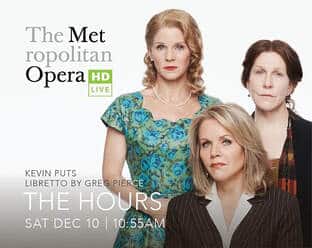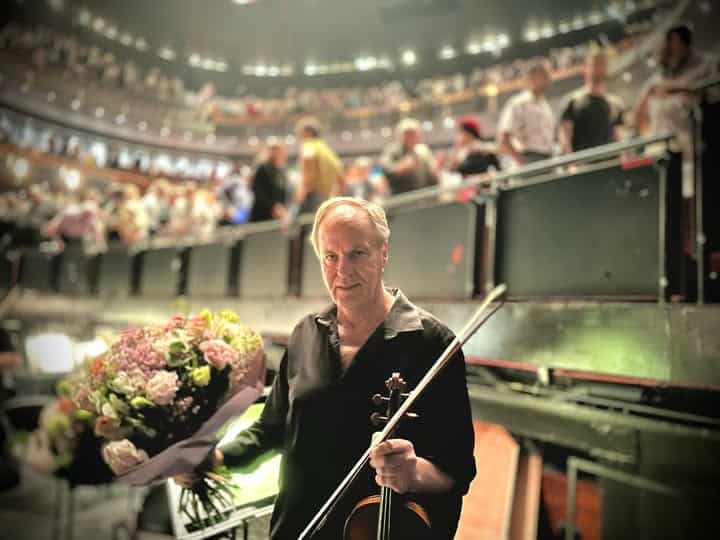Guess what? New operagoers prefer old operas
OperaMemo to Peter Gelb:
Don’t read the Opera America survey of 11,000 new operagoers over four seasons and 36 US opera companies.
It will only prove you wrong and we know you hate to be wrong.
The key finding is this: Most New-to-Opera attenders initially come for a new “experience,” and they tend to stick to the classics.
Fancy that.






Comments